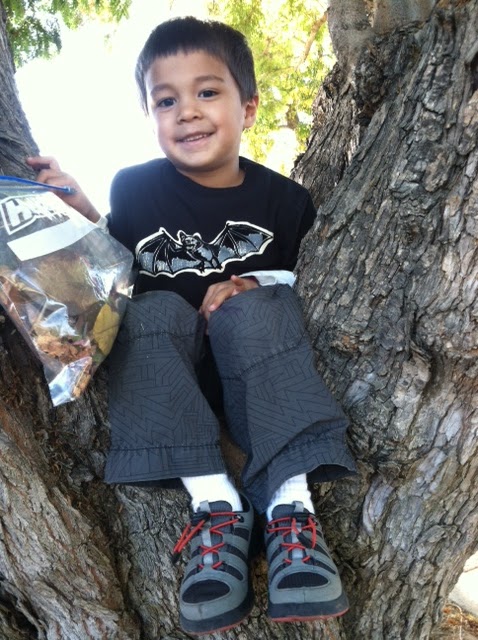Weekend Subjunctive Practice 1: Cuando
¡Bienvenido a nuestro hilo! Each weekend, Cordobesa and I will present a different topic on everybody’s favorite subject… the subjunctive!
We will give an explanation of the topic, and a couple of examples.
Write sentences at least 5 words long. Write your Spanish sentence, and include the English translation as well. Make the corrections suggested by Cordobesa in the comments section. Use your own words! (Don't use a translator, copy from a book, use song lyrics, etc.)
Post pictures if you’d like, and don’t forget to vote on the sentences you like best. The winner will be chosen based upon the correct use of the topic as well as the number of votes.
¡Vamos allá!
Weekend Subjunctive Practice 1: Cuando
Explanation:
When “cuando” refers to an idea or time in the future, the subjunctive is used when you conjugate the verb that follows.
Examples:
Podemos usar nuestros móviles otra vez cuando aterrice el avión.
We can use our cell phones again when the plane lands.
Te digo la información sobre la reunión cuando la sepa.
I’ll tell you the information about the meeting when I know it.
¡Prestad atención!
When “cuando” refers to something habitual, the indicative is used for the verb that follows.
Example:
Siempre me lavo los dientes cuando me despierto.
I always brush my teeth when I wake up.
¡Os toca a vosotros!
19 Answers
I will use the subjunctive when I understand it.
Voy a utilizar el subjuntivo cuando (yo) lo comprenda. - no yo ![]()
¡No vas a creértelo cuando te cuente lo que ha pasado!
You're not going to believe it when I tell you what happened!

Lo creeré cuando lo vea.
I will believe that when I see it.
Voy a dar una fiesta cuando losTigres venzan a Alabama.
I'm having a party when the Tigers beat Alabama.

En cuanto haya pensado en un ejemplo más interesante te lo mandaré.
When I might have thought up a better example , I´ll send it to you.
Cuando mi hijo y su familia lleguen al aeropuerto, me reuniré allí con ellos .
When my son and his family arrive at the airport, I will meet them there.
Voy a estar feliz cuando vea a su pequeña hija.
I will be happy when I see their little daughter.
She will say yes when he asks her to marry him.
Va a decir 'sí' cuando le pida matrimonio pregunte casarse.

Por favor envíame un mensaje cuando puedas.
Please send me a message when you can.
Voy a volver a Inglaterra en diciembre con Wolfie en mi coche Mini , por ferry de Bilbao a Portsmouth y al llegar vamos a comernos un solomillo de ternero de raza Aberdeen Angus , cada uno .
I'm going to return to England in December, by ferry from Bilbao to Portsmouth , with Wolfie in the car, a Mini. When we arrive // upon arrival , we will eat an Aberdeen Angus steak, both of us.
El piloto va a volar en un cielo despejado claro cuando las nubes estén fueran por debajo. de él.
The pilot is going to fly into a clear sky when the clouds are beneath him.

Vamos a ir al aeropuerto cuando mi hermano llegue.
We are going to go to the airport when my brother arrives.
Cuando estoy en el trabajo sueño con lo que voy a hacer cuando regrese a casa.
When I am at work I dream about what I am going to do when I get home.


Mi nieto decidió que cuando sea grande irá a explorar el mundo.
My grandson decided that when he will be big he should be going to explore the world.
Llámame cuando comience el juego.
Call me when the game begins.
Yo miro hacia a Acción de Gracias la semana que viene cuando mi hermana y mi sobrina visitarán.
Voy a disfrutar mucho la semana que viene, en Acción de Gracias, cuando mi hermana y mi sobrina nos visiten.

I'm going to enjoy the coming week, Thanksgiving, when my sister and my niece visit us.
I look forward to Thanksgiving next week when my sister and niece will visit.














